 2023 Theme: Hope Away from Home
2023 Theme: Hope Away from Home
World Refugee Day is an international day designated by the United Nations to honour refugees around the globe. It falls each year on June 20 and celebrates the strength and courage of people who have been forced to flee their home country to escape conflict or persecution. World Refugee Day is an occasion to build empathy and understanding for their plight and to recognize their resilience in rebuilding their lives.
Background
Every minute 20 people leave everything behind to escape war, persecution or terror. There are several types of forcibly displaced persons:
Refugees
A refugee is someone who fled his or her home and country owing to “a well-founded fear of persecution because of his/her race, religion, nationality, membership in a particular social group, or political opinion”, according to the United Nations 1951 Refugee Convention. Many refugees are in exile to escape the effects of natural or human-made disasters.
Asylum Seekers
Asylum seekers say they are refugees and have fled their homes as refugees do, but their claim to refugee status is not yet definitively evaluated in the country to which they fled.
Internally Displaced Persons
Internally Displaced Persons (IDPs) are people who have not crossed an international border but have moved to a different region than the one they call home within their own country.
Stateless Persons
Stateless persons do not have a recognized nationality and do not belong to any country.
Statelessness situations are usually caused by discrimination against certain groups. Their lack of identification — a citizenship certificate — can exclude them from access to important government services, including health care, education or employment.
Returnees
Returnees are former refugees who return to their own countries or regions of origin after time in exile. Returnees need continuous support and reintegration assistance to ensure that they can rebuild their lives at home.
UN Action
1951 Refugee Convention and its 1967 Protocol
Refugees are among the most vulnerable people in the world. The 1951 Refugee Convention and its 1967 Protocol help protect them. They are the only global legal instruments explicitly covering the most important aspects of a refugee’s life. According to their provisions, refugees deserve, as a minimum, the same standards of treatment enjoyed by other foreign nationals in a given country and, in many cases, the same treatment as nationals.
The 1951 Convention contains a number of rights and also highlights the obligations of refugees towards their host country. The cornerstone of the 1951 Convention is the principle of non-refoulement. According to this principle, a refugee should not be returned to a country where he or she faces serious threats to his or her life or freedom. This protection may not be claimed by refugees who are reasonably regarded as a danger to the security of the country, or having been convicted of a particularly serious crime, are considered a danger to the community.
The rights contained in the 1951 Convention include:
- The right not to be expelled, except under certain, strictly defined conditions;
- The right not to be punished for illegal entry into the territory of a contracting State;
- The right to work;
- The right to housing;
- The right to education;
- The right to public relief and assistance;
- The right to freedom of religion;
- The right to access the courts;
- The right to freedom of movement within the territory;
- The right to be issued identity and travel documents.
Some basic rights, including the right to be protected from refoulement, apply to all refugees. A refugee becomes entitled to other rights the longer they remain in the host country, which is based on the recognition that the longer they remain as refugees, the more rights they need.
Source: Text: https://www.un.org/en/observances/refugee-day Image: https://www.universalcurrentaffairs.com/2022/06/world-refugee-day
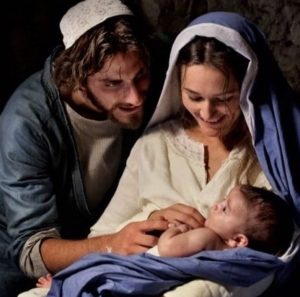 Today’s celebration is familiar to us, Christians.
Today’s celebration is familiar to us, Christians.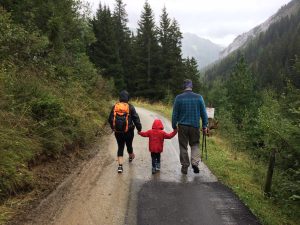
 Perhaps, one definition that could be acceptable to all is this one:
Perhaps, one definition that could be acceptable to all is this one: 2023 Theme: Hope Away from Home
2023 Theme: Hope Away from Home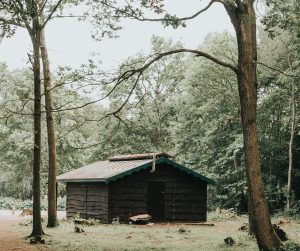


 Someone may have chosen to live in a luxury apartment.
Someone may have chosen to live in a luxury apartment. “Didn’t you realize that you were God’s temple,
“Didn’t you realize that you were God’s temple,  “Fear not, for behold, I bring you good news of great joy
“Fear not, for behold, I bring you good news of great joy  Today’s gospel text (Mark 12:28-34) ends with a sentence that is most hopeful:
Today’s gospel text (Mark 12:28-34) ends with a sentence that is most hopeful: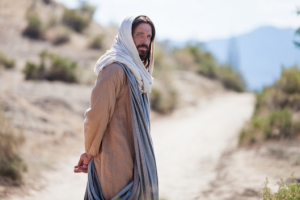 In today’s gospel text (Jn.1:35-42), we witness some questioning addressed to the one known as the Man of Nazareth.
In today’s gospel text (Jn.1:35-42), we witness some questioning addressed to the one known as the Man of Nazareth.
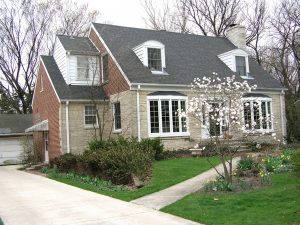
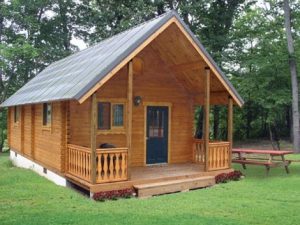
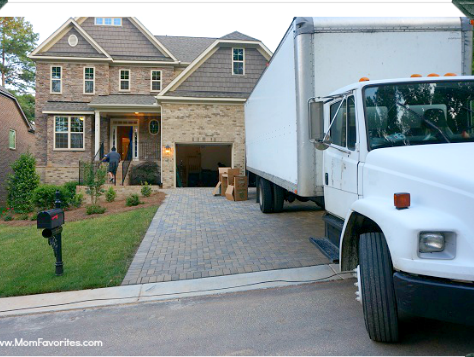 It is this time of the year when you can see moving vans on many streets around.
It is this time of the year when you can see moving vans on many streets around.

